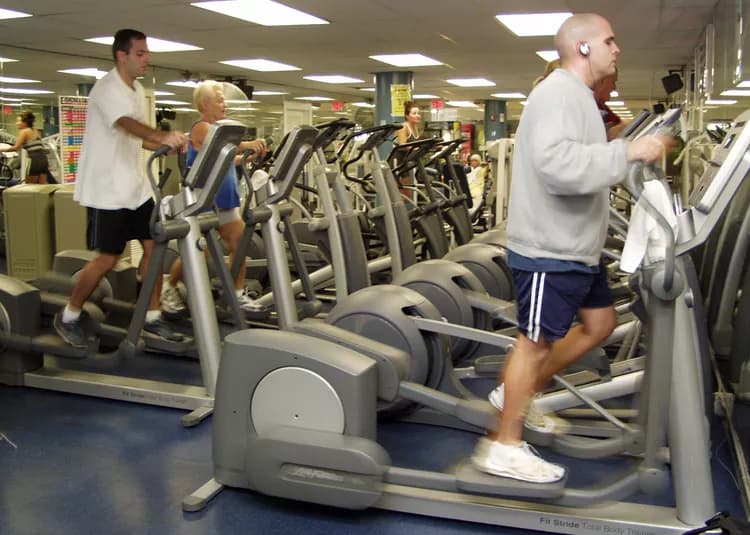
Midlife Physical Activity Is Associated With Better Cognition In Old Age
A new study of 3050 twins finds moderately vigorous physical activity -- i.e., more strenuous than walking -- to be associated with better cognition in a 25-year follow-up.
A long-term follow-up study of 3050 twins from the Finnish Twin Cohort has shown that midlife, moderately vigorous physical activity is associated with better cognition at old age. The association was statistically independent of midlife hypertension, smoking, education level, sex, obesity and binge drinking. "This suggests that the beneficial influence of physical activity on the brain and cognition is not solely based on decreasing vascular risk factors," says researcher Paula Iso-Markku from the University of Helsinki.
The association was studied first in all individuals of the cohort, and then by comparing later cognition in pairs where one twin was more physically active than the other.
Increasing the volume of physical activity was not, however, associated with increased memory-protecting benefits. Instead, quite a moderate amount of physical activity was found to be sufficient for memory-protecting benefits, and only the most inactive group of twins stood out with a significantly higher risk for cognitive impairment.
"Overall, the study shows that moderately vigorous physical activity, meaning more strenuous than walking, is associated with better cognition after an average of 25 years," states Professor Urho Kujala from the University of Jyväskylä.
This finding is in accordance with earlier animal model studies, which have shown that physical activity increases the amount of growth factors in the brain and improves synaptic plasticity.
The prevalence of dementia has increased with aging populations both in Finland and globally. Although the incidence of dementia seems to have decreased in less senior generations, the total prevalence of dementia is still expected to rise. No cure for dementia exists, but during the last decade research has produced an abundance of new information on dementia prevention. The traditional vascular risk factors (elevated blood pressure, hypercholesterolemia, obesity, diabetes and lack of exercise) have also been associated with dementia risk. "However, few long-term, high-quality, follow-up studies on physical activity and cognition have been published, and it has remained unclear what type and amount of exercise is needed to safeguard cognition," Iso-Markku says.
The study, published in the Journal of Alzheimer's Disease, was conducted by scientists at the universities of Helsinki, Jyväskylä and Turku. The twins provided information on physical activity through questionnaire surveys from 1975 and 1981 (mean age in 1981: 49 years), while cognition was assessed by validated telephone interviews conducted between 1999 and 2015.
The above post is reprinted from materials provided by Helsingin yliopisto (University of Helsinki). Note: Content may be edited for style and length.
Disclaimer: DoveMed is not responsible for the adapted accuracy of news releases posted to DoveMed by contributing universities and institutions.
Primary Resource:
Gainforth, H. L., Jarvis, J. W., Berry, T. R., Chulak-Bozzer, T., Deshpande, S., Faulkner, G., ... & Latimer-Cheung, A. E. (2015). Evaluating the ParticipACTION “Think Again” Campaign. Health Education & Behavior, 1090198115604614.
Related Articles
Test Your Knowledge
Asked by users
Related Centers
Related Specialties
Related Physicians
Related Procedures
Related Resources
Join DoveHubs
and connect with fellow professionals

0 Comments
Please log in to post a comment.